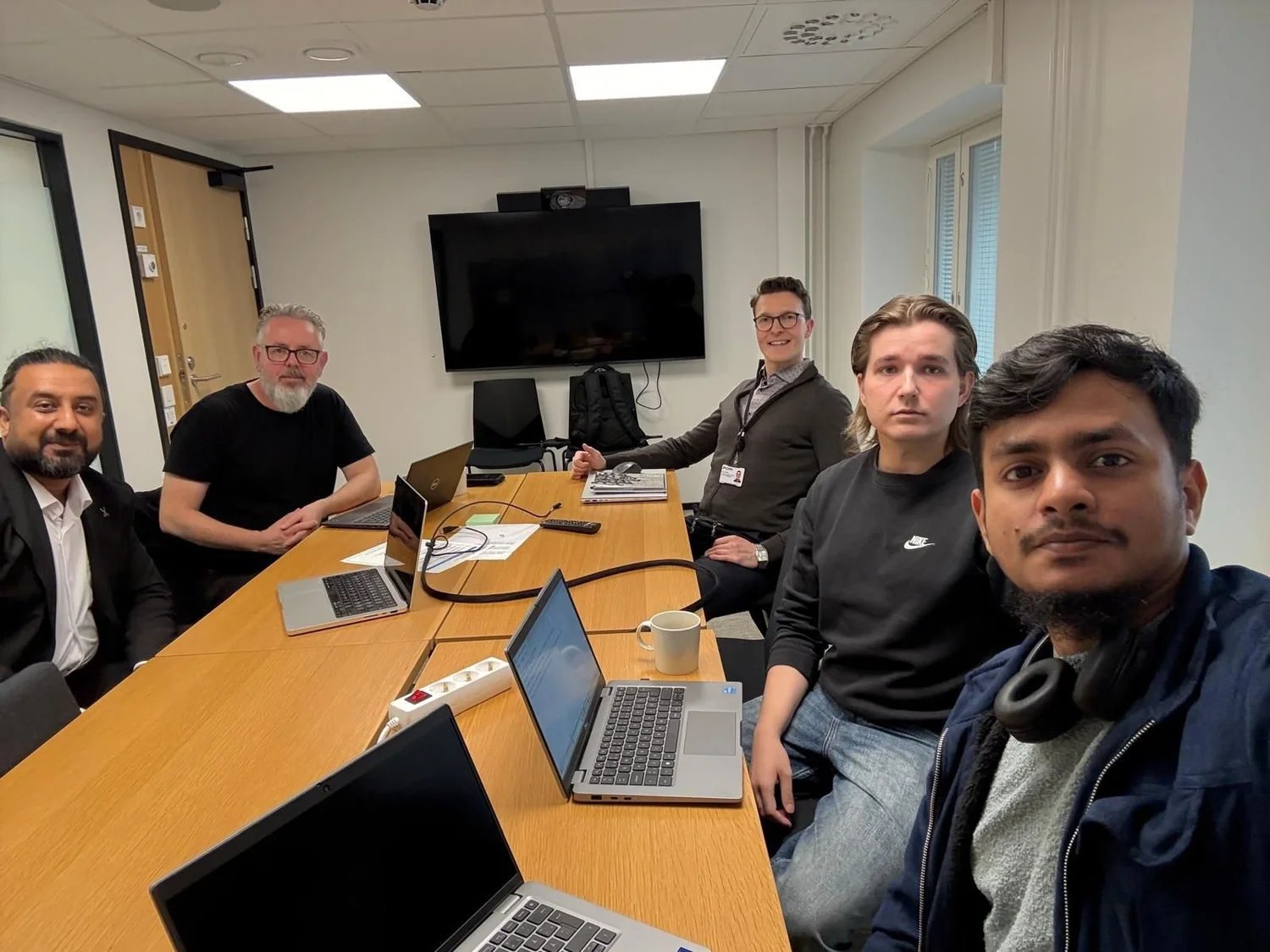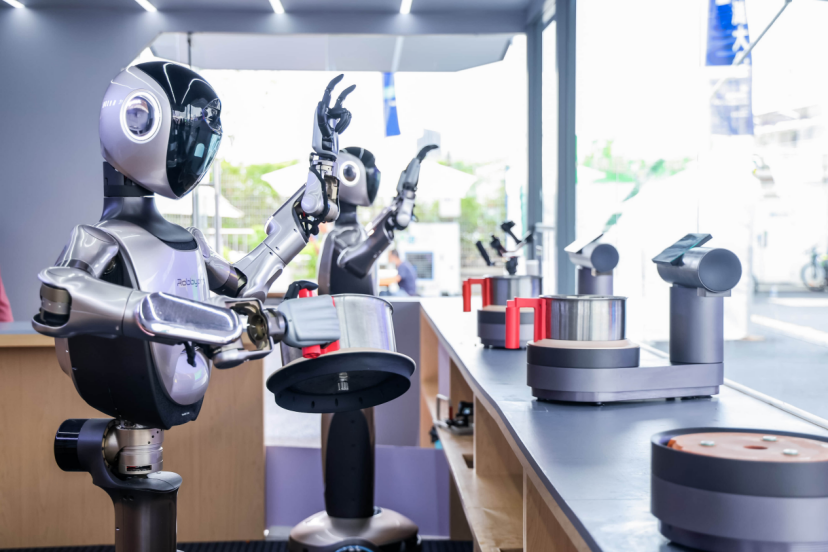As part of SXSW’s first tever UK edition, Lewis Silkin
brought together a packed room to hear five esharp minds –
photographer-advocate Isabelle Doran, tech founder Guy Gadney,
licensing entrepreneur Benjamin Woollams, Commercial partners Laura
Harper and Phil Hughes – wrestle with one deceptively simple
question: is AI a hero or a villain in the creative world?
Spoiler: it’s neither. Over sixty fast-paced minutes, the
panel dug into the real-world impact of generative models, the gaps
in current law and the uneasy economics facing everyone from
freelancers to broadcasters. We’ve distilled the conversation
into six take-aways that matter to anyone who creates, commissions
or monetises content.
1. Generative AI is already taking work – fast
“Generative AI is competing with creators in their
place of work,” warned Isabelle Doran, citing her
Association of Photographers’ latest survey. In September 2024,
30% of respondents had lost a commission to AI; five months later
that figure ehit 58%. The fallout runs wider than photographers.
When a shoot is cancelled, stylists, assistants and post-production
teams stand idle too – a ripple effect the panel believes
that policy-makers ignore at their peril.
2. Yet the tech also unlocks new forms of storytelling
Guy Gadney was quick to balance the gloom: “It’s a
proper tsunami in the sense of the breadth and volume that’s
changing,” he said, “but it also lets us ask
what stories we can tell now that we couldn’t
before.” His company, Charismatic AI, is building tools
that let writers craft interactive narratives at a speed and scale
unheard of two years ago. The opportunity, he argued, lies in
marrying that capability with fair economic models rather than
trying to “block the tide“.
3. The law isn’t a free-for-all – but it is
fragmenting
Laura Harper cut through the noise: “The status quo at
the moment is uncertain and it depends on what country you’re
operating in.” In the UK, copyright can subsist in
computer-generated works; in the US, it can’t. EU rules require
commercial text-and-data miners to respect opt-outs; UK law
doesn’t – yet. Add pergent notions of “fair
use” and you get a regulatory patchwork that leaves creators
guessing and investors hesitating.
4. Transparency is the missing link
Phil Hughes nailed the practical blocker: “We can’t
build sensible licensing schemes until we know what data went into
each model.” Without a statutory duty to disclose
training sets, claims for compensation – or even informed
consent – stall. Isabelle Doran backed him up, pointing to
Baroness Kidron’s amendment that would force openness via the
UK’s Data Act. The Lords have now sent that proposal back to
the Commons five times; every extra week, more unlicensed works are
scraped.
5. Collective licensing could spread the load
Inpidual artists can’t negotiate with OpenAI on equal terms,
but Benjamin Woollams sees hope in a pooled approach. “Any
sort of compensation is probably where we should start,”
he said, arguing for collective rights management to mirror how
music collecting societies handle radio play. At True Rights
he’s developing pricing tools to help influencers understand
usage clauses before they sign them – a practical step
towards standardisation in a market famous for anything but.
6. Personality rights may be the next frontier
Copyright guards expression; it doesn’t stop a model cloning
your voice, gait or mannerisms. “We need to strengthen
personality rights,” Isabelle Doran urged, echoing calls
from SAG-AFTRA and beyond. Think passing off on steroids: a legal
shield for the look, sound and biometric data that make a performer
unique. Laura Harper agreed – but reminded us that
recognition is only half the battle. Enforcement mechanisms,
cross-border by default, must follow fast.
Where does that leave us?
AI is not marching creators to the cliff edge, but it is forcing
a reckoning. The panel’s consensus was clear:
- We can’t uninvent generative tools – nor should
we.
- Creators deserve both transparency and a cut of the value
chain.
- Government must move quickly, or the UK risks watching
leverage, investment and talent drift overseas
As Phil Hughes put it in closing:
“We all know artificial intelligence has unlocked
extraordinary possibilities across the creative industries. The
question is whether we’re bold enough and organised enough to
make sure those possibilities pay off for the people whose
imagination feeds the machine.”
The content of this article is intended to provide a general
guide to the subject matter. Specialist advice should be sought
about your specific circumstances.























